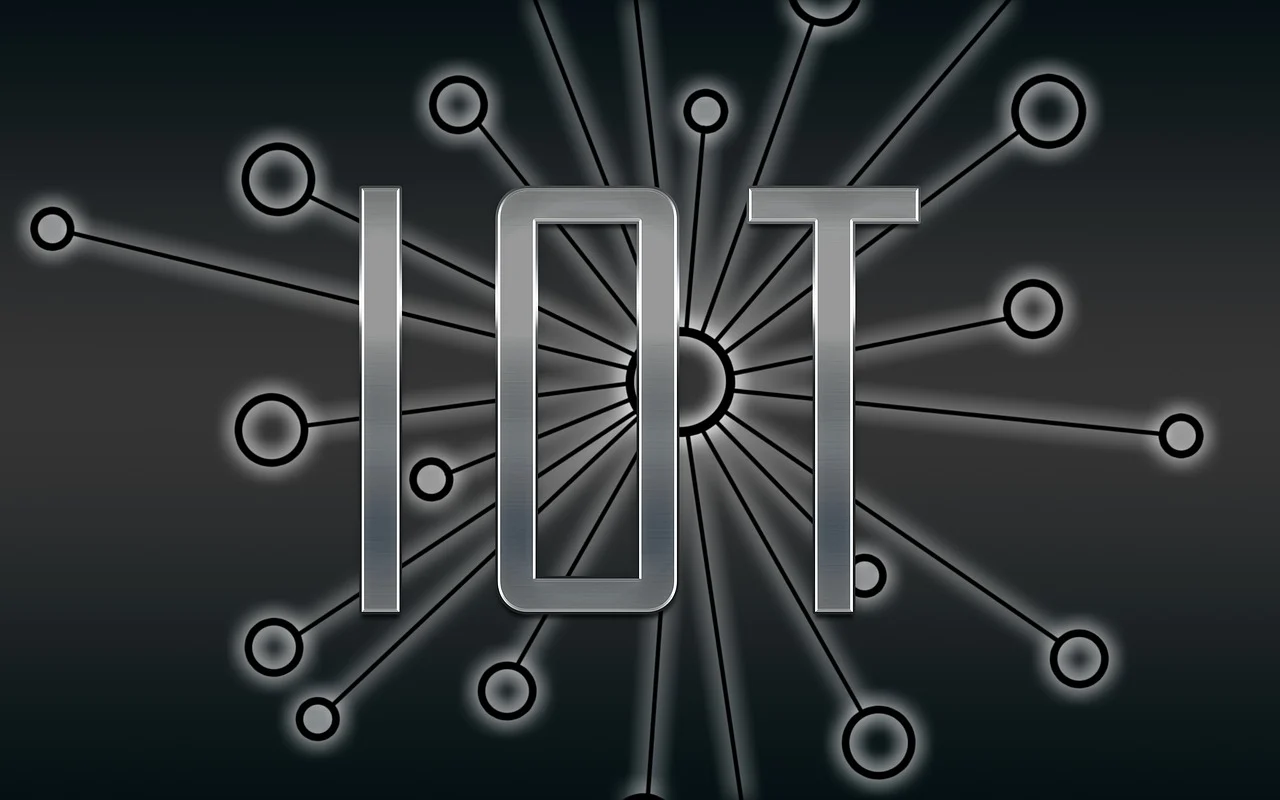In an interconnected world where the Internet of Things (IoT) is rapidly evolving, ensuring the security of devices is paramount, especially in cross-border deployments. American and European companies expanding into Japan face unique challenges when it comes to IoT security due to differing regulatory landscapes and cultural nuances. Azure Sphere, Microsoft’s comprehensive IoT security solution, offers a robust framework to address these challenges and provide end-to-end security for IoT deployments in Japan.
Device Authentication: At the heart of Azure Sphere’s security is device authentication. Each device is provisioned with a unique cryptographic identity, ensuring that only authorized devices can connect to the Azure Sphere Security Service. This authentication mechanism prevents unauthorized access and ensures the integrity of the IoT ecosystem.
Threat Modeling: Understanding and mitigating potential threats is essential for safeguarding IoT deployments. Azure Sphere employs threat modeling techniques to identify potential vulnerabilities at every stage of the device lifecycle. By proactively assessing risks and implementing appropriate security measures, Azure Sphere helps companies anticipate and mitigate threats before they can be exploited.
Compliance Requirements: Navigating the regulatory landscape is a critical aspect of deploying IoT solutions in Japan. Azure Sphere assists companies in meeting compliance requirements by providing built-in support for industry standards and regulations such as GDPR, ISO 27001, and Japan’s Act on the Protection of Personal Information (APPI). By adhering to these standards, companies can ensure data privacy and build trust with customers and regulators alike.
Secure Development Lifecycle: Azure Sphere promotes a secure development lifecycle by integrating security into every phase of the product development process. From design to deployment, Azure Sphere provides tools and best practices to help developers write secure code, perform rigorous testing, and address vulnerabilities promptly. This approach ensures that IoT devices meet the highest standards of security and reliability.
Cultural Sensitivity: Understanding cultural nuances is essential for successful IoT deployments in Japan. Azure Sphere offers localization support, enabling companies to adapt their solutions to the unique preferences and expectations of Japanese consumers. By respecting cultural sensitivities and localizing user experiences, companies can enhance adoption rates and drive business growth in the Japanese market.
Conclusion
Securing cross-border IoT deployments in Japan requires a comprehensive approach that addresses technical, regulatory, and cultural challenges. Azure Sphere offers a robust framework to safeguard IoT devices and data, enabling American and European companies to expand into Japan with confidence. By leveraging Azure Sphere’s advanced security features, companies can build trust with customers, comply with regulations, and drive innovation in the dynamic Japanese market.
In summary, Azure Sphere provides end-to-end security for IoT deployments in Japan, empowering companies to realize the full potential of connected devices while mitigating risks and ensuring compliance with local regulations. With Azure Sphere, the future of IoT in Japan is secure and full of possibilities.
About Sysamic: With a deep understanding of Japan’s technical landscape, Sysamic stands ready to support companies embarking on IoT deployments in Japan. Our expertise in navigating regulatory requirements, cultural nuances, and technical intricacies makes us the ideal partner for your IoT journey. From strategic planning to implementation and support, Sysamic offers tailored solutions to help your business thrive in the Japanese market. Reach out to us today and discover how Sysamic can empower your cross-border IoT initiatives in Japan.

